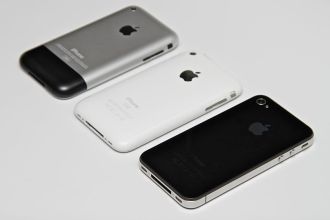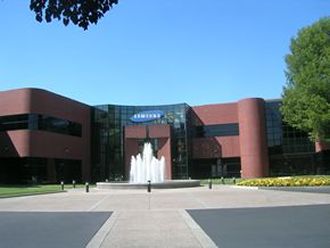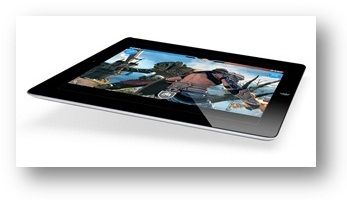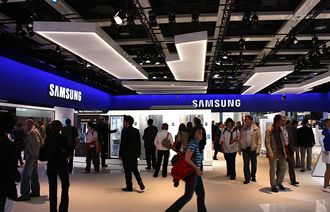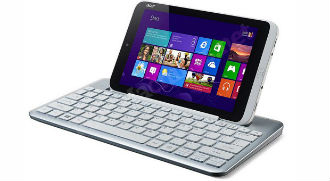 Value added distributor Cloud Distribution said it has signed up A10 Networks.
Value added distributor Cloud Distribution said it has signed up A10 Networks.
A10 produces high performance products for accelerating, optimising and securing apps cost effectively.
Adam Davison, director at Cloud Distribution said that the Application Delivery Controller market has gone through a shake up after Cisco discontinued its ACE product.
And, he added, a number of enterprise customers need to refresh existing IT products that have now reached the end of their lives and have discontinued support.
“The recent addition of A10’s dedicated DDoS offering is an added bonus for our partners because it broadens the market opportunity with an enlarged portfolion of products,” he said.
According to Gartner figures, the Application Delivery Controller market and will doubtle to be worth $2.9 billion in the next few years.


